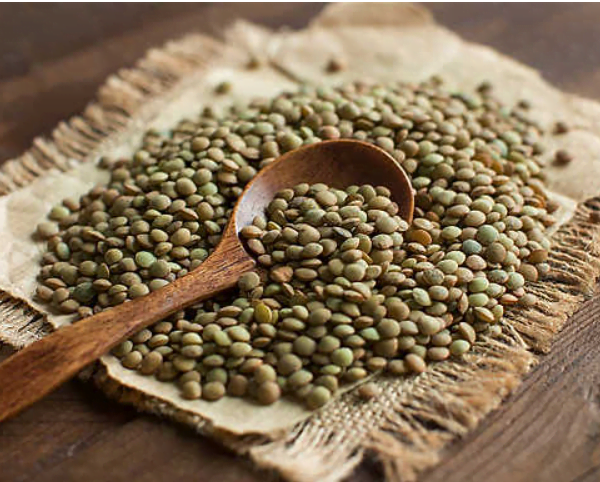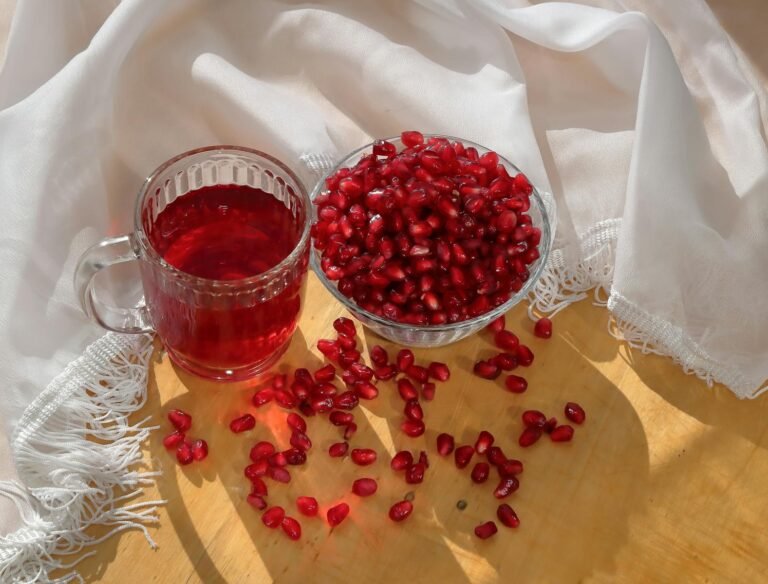Import
The lentils It is one of the most favorite legumes of the Mediterranean diet.
They are a staple dish in every Greek home, from the lentil soup we all tasted as children, to more creative salads and modern recipes.
Their history is centuries-old and their place in Greek cuisine remains stable.
The aim of the article is to highlight their nutritional value, present their varieties, their uses, and answer the most frequent questions that consumers have.
What are lentils?
Lentils belong to the legume family and have been cultivated for thousands of years.
They originate from areas of the Middle East, but quickly spread throughout the Mediterranean.
In Greece, they are a staple of the diet, particularly due to their rich nutritional value and low price.
They are fully integrated into the Mediterranean diet and are considered one of the most balanced plant foods.
Lentil varieties
Thin lentils
The most common in Greece are thin lentils.
They are small in size and boil quickly, which is why they are ideal for soups.
Their flavor is mild and they are the basis of the classic lentil soup that we all know.
Thick lentils
Thick lentils are larger and hold their shape better after boiling.
This makes them ideal for salads or dishes where we want them to not melt.
Other international varieties
In the international market we also find other versions:
- Red lentils: without skin, they cook very quickly and are ideal for purees or Indian recipes.
- Green lentils: have a spicier taste and are used in salads.
- Beluga lentils: small, black, resembling caviar, particularly nutritious and elegant for gourmet dishes.
Thick or thin lentils?
The thin ones are suitable for soups, while the thick ones are for salads.
The choice depends on the dish you want to make.
Nutritional value
Small but full of power.
- Plant-based protein: they are an excellent source of plant-based protein, ideal for vegetarians and vegans.
- Vitamins and minerals: contain iron, magnesium, potassium and folic acid.
- Vegetable fibers: they help the digestive system function properly.
- Low fat: they have little fat and no cholesterol.
Health benefits
They are not only tasty but also beneficial.
Cardioprotective properties
Thanks to their fiber and antioxidants, they help reduce cholesterol and protect the heart.
Digestive system support
Lentils contribute to proper bowel function, thanks to the fiber they contain.
Energy boost
Due to their iron content, they help fight fatigue and increase energy levels.
Sugar and weight regulation
They fill you up quickly, without burdening you with unnecessary calories.
Thus, they also support weight regulation.
Lentils and daily diet
Lentils can be consumed in many ways.
Traditional recipes
- Lentil soup: the most famous and beloved recipe.
- Lentils with rice: a rich dish, filling and nutritious.
- Lentil salad: with tomato, onion, peppers and olive oil.
Alternative cooking methods
- In the pan: with vegetables and herbs for a quick meal.
- Lentil meatballs: vegan option for those who avoid meat.
Combinations with other foods
They go great with rice, vegetables, carrots, celery, garlic and spices like cumin or paprika.
Lentils for babies
Lentils can be introduced into babies' diets from around the 8th month, in pureed form.
Economic dimension
Lentils are one of the most economical legumes.
Their price ranges from approximately 2 to 4 euros per kilo, depending on the variety and whether they are organic.
Compared to their high nutritional value, they are considered one of the most beneficial foods.
Frequently Asked Questions (FAQ)
Do lentils raise blood sugar?
No, they have a low glycemic index.
Thick or thin lentils – which is a better choice?
The thin ones for soups, the thick ones for salads.
From what age can babies eat lentils?
From the 8th month, in puree form.
How are lentils cooked in a pan?
With vegetables and spices, as a quick alternative dish.
Do lentils help with dieting?
Yes, they cause satiety and are low in calories.
Conclusion
The lentils it is a real nutritional treasure.
With low cost and high nutritional value, they offer protein, iron, fiber and many other health benefits.
They are an ideal choice for every age and every diet, whether traditional or vegan.
They are worth including in the weekly menu, not only as soup, but also in more modern and creative forms.
This legume is proof that simplicity in nutrition hides the greatest wealth.
Related products
-
Evros thin lentils
0.95€ – 3.80€Price range: 0.95€ through 3.80€ -
Lentils in Englouvis
12.90€ -
Red lentils
1.00€ – 4.00€Price range: 1.00€ through 4.00€





